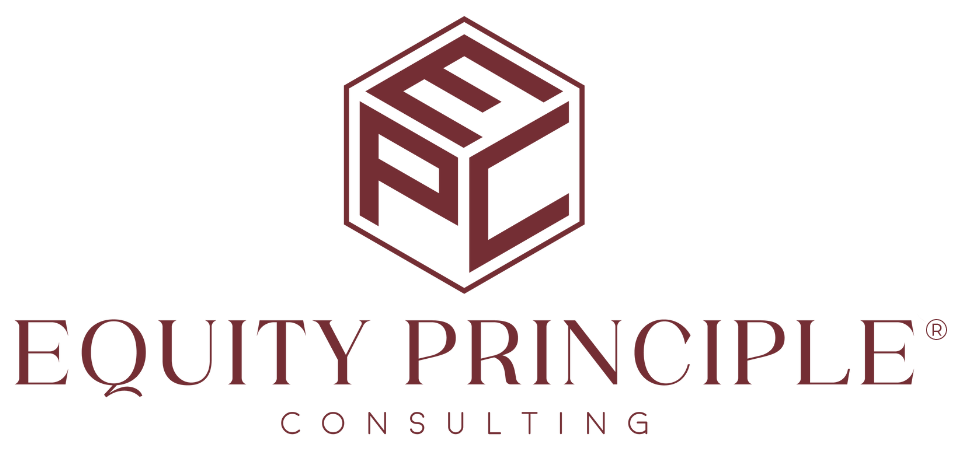Creating Equitable Pathways for Advancement
Establishing equitable pathways for career advancement is essential for fostering a diverse and inclusive workplace culture. Companies that lead the pack effectively recognize and nurture talent across a broad spectrum without bias.
The critical question is: How can an organization evolve from simply endorsing the concept of fairness to truly weaving it into their day-to-day operations? Here are some actionable strategies that can guide organizations in achieving this transformation.
- Establish Transparent Criteria for Advancement
At the heart of creating equitable pathways for career advancement is transparency. Organizations must delineate clear qualifications, achievements, and behaviors that lead to advancement. This involves setting explicit criteria accessible and understandable to everyone within the company, irrespective of their role or level. It’s essential to clearly articulate the requirements for moving up, eliminating any ambiguity or misinterpretation.
- Implement Structured Mentorship Programs
Mentorship is vital for career development, yet individuals from underrepresented groups often need more mentorship opportunities. Implementing structured mentorship programs that pair emerging talent with experienced leaders can significantly bridge this gap. These programs should encourage interactions across various backgrounds, fostering an environment where diverse ideas are exchanged, and personal growth is supported.
- Conduct Regular Bias Training
Unconscious bias is a significant obstacle in establishing equitable pathways for career advancement. Regular training sessions that help employees and management identify and address their biases are crucial. These sessions should focus on actionable steps, providing tools and strategies to minimize bias in daily decision-making, particularly in hiring, promotions, and performance evaluations.
- Utilize Data to Monitor Progress and Outcomes
Measuring the effectiveness of related initiatives is vital to managing and enhancing equitable pathways for career advancement. Organizations should employ systems that track the advancement of equity efforts, including promotion rates, pay equity, and employee feedback across different demographics. Regular data review is necessary to determine if adjustments are needed, ensuring accountability towards equity goals.
- Create a Culture That Celebrates Diversity
Equitable pathways for advancement are not just about formal programs and policies but also deeply rooted in the organization’s culture. Cultivating a culture that genuinely celebrates diversity can encourage and support the advancement of all employees. This involves acknowledging and valuing cultural differences, accommodating diverse work-life needs, and creating an inclusive environment where everyone feels safe to express themselves and innovate.
- Ensure Leadership Buy-In
Lastly, the effectiveness of these strategies hinges on genuine support from organizational leaders. Leadership must endorse and actively engage in these initiatives by setting examples, participating in mentorship programs, or holding themselves accountable for meeting diversity and inclusion goals. Leadership commitment sends a strong signal across the organization that establishing equitable pathways for career advancement is a top priority.
Developing clear, equitable pathways for career advancement requires a comprehensive approach involving transparency, mentorship, bias training, data-driven assessments, a culture of inclusivity, and strong leadership commitment. By embracing these strategies, organizations can ensure that all employees have equitable opportunities to succeed, which is fundamental to both individual career growth and the broader success of the organization.

